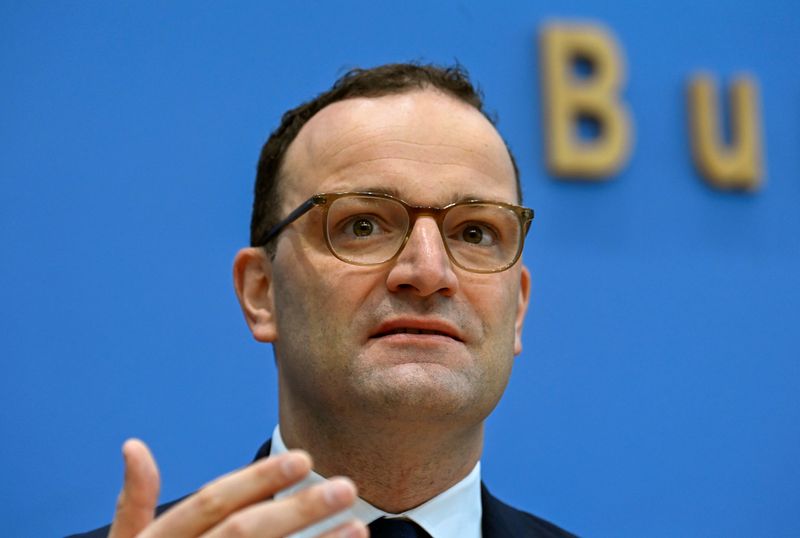BERLIN (Reuters) – Germany has ordered an additional 6 million doses of flu vaccine so as many people as possible can get a jab to reduce the risk of simultaneous influenza and COVID-19 outbreaks and to protect the public healthcare system.
The country of 83 million will have 26 million doses available in total, Health Minister Jens Spahn said at a news conference on Wednesday. “This is almost twice as many as were used last season,” he said.
Vaccinations are voluntary in Germany, and for COVID-19 vaccines there are no plans to change that, Spahn said.
But he urged people who are considered high risk to get the flu jab to safeguard lives and avoid overloading the healthcare system during the pandemic.
Germany is currently experiencing the highest number of new coronavirus infections since April, with more than 5,000 new cases on Tuesday. Nearly 9,700 people have died of COVID-19 in the country.
The European Union had urged member states in the summer to launch early and more extensive influenza vaccination campaigns.
Between two and 14 million people fall ill with influenza in a flu season in Germany, the Robert Koch health institute (RKI) said. In the 2017/18 season, a heavy one for the country, around 25,000 people died of flu, according to RKI estimates.
The current flu season has started quite mildly, with the increased hygiene measures due to COVID-19 obviously playing a role, RKI head Lothar Wieler said. “If we manage to have more people vaccinated against flu, then we can keep the number low,” he said.
The flu vaccines will be delivered over the next few months. For the first time, there will be 500,000 doses of a special vaccine for people older than 65 available in Germany.
There might be temporary delivery delays, but no supply shortages, the health minister said.
(Reporting by Kirsti Knolle; Editing by Riham Alkousaa and Jane Merriman)

























